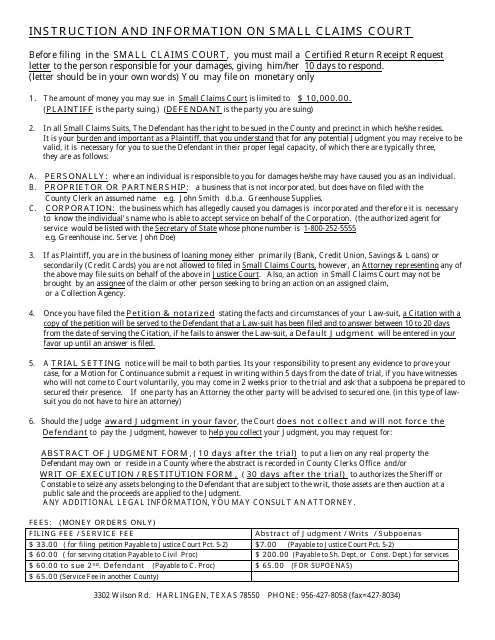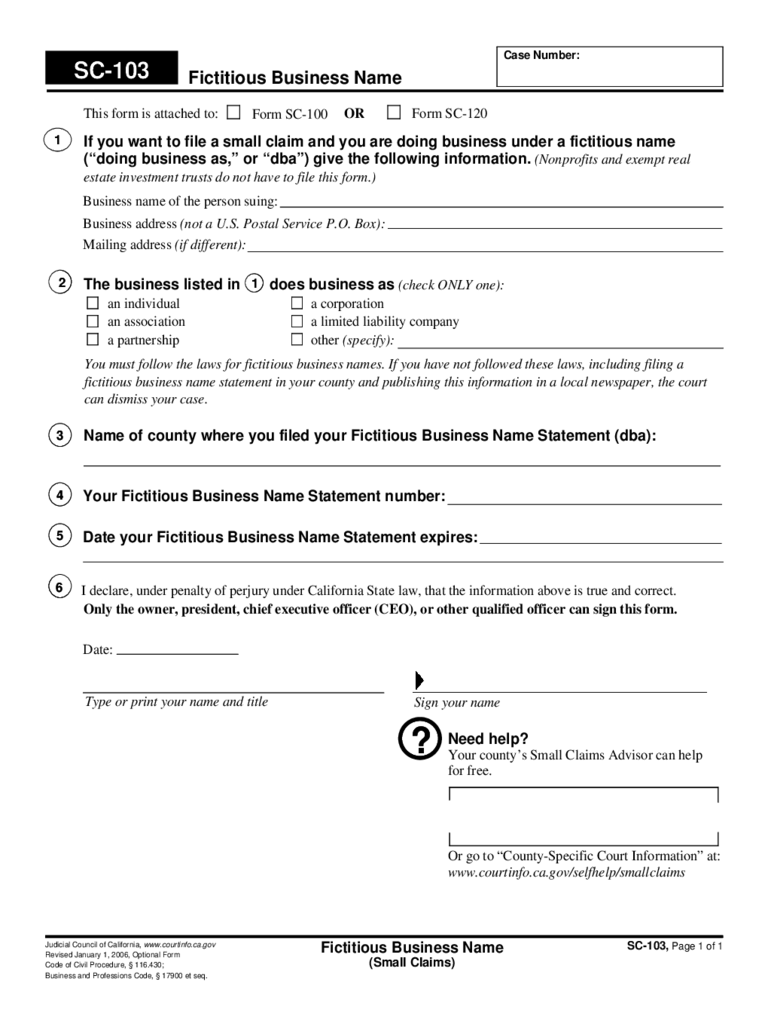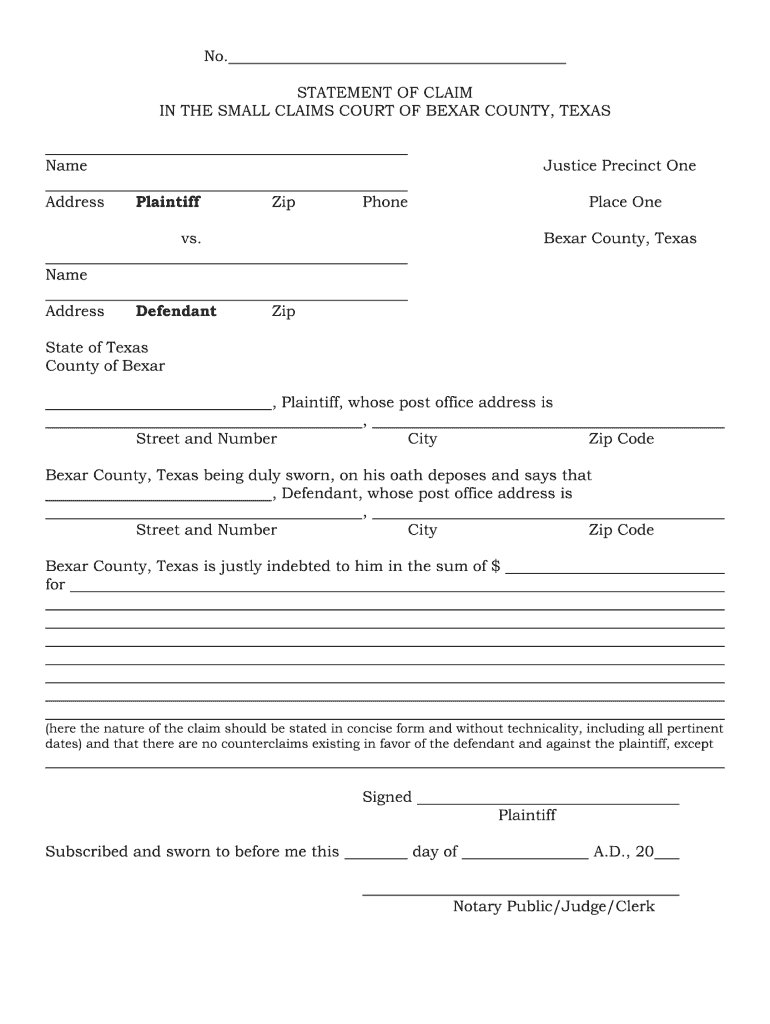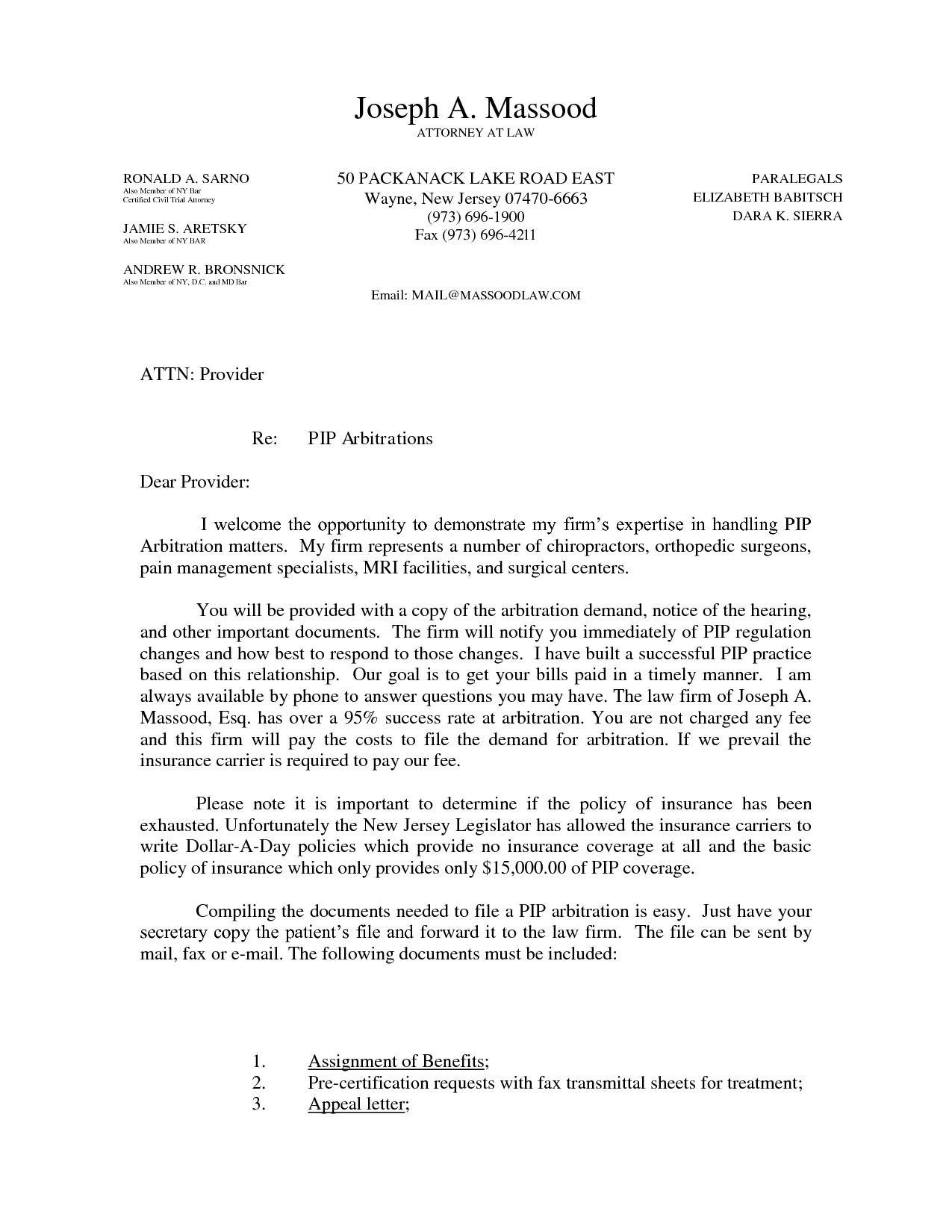Does a Texas County Constable Serve Small Claims Papers?

If you find yourself in the realm of civil disputes where monetary compensation might be the resolution, you might be considering a small claims court as your battleground. This kind of legal process often involves the serving of legal documents like summons or subpoenas, which is a critical step to ensure due process. This article explores if and how a Texas County Constable might serve your small claims papers, detailing their role and legal obligations in this process.
Understanding the Role of a Texas County Constable

In Texas, County Constables play an integral part in the justice system. They are not merely law enforcement officers; their roles are deeply rooted in serving civil processes:
- Service of Process: Constables are empowered to deliver legal documents like summons, subpoenas, writs, and more.
- Enforcement: They can enforce court orders by executing evictions, repossessions, and post-judgment debt collection.
- Court Security: Constables provide security for justice of the peace courts and county courts at law.

Can a Texas County Constable Serve Small Claims Papers?

Serving legal papers is a core responsibility of a constable. Here’s a closer look at how this applies to small claims papers:
- Jurisdiction: A constable's authority extends throughout the county they serve, enabling them to deliver documents to any resident or business within that area.
- Service Methods: Constables will follow due process to serve papers in person, leave them with someone else at the residence, or post them at the location if necessary.
- Fees: A fee is often charged for the service of papers, determined by each county's fee schedule.
Procedure for Requesting Service

If you need to request that a constable serve your small claims papers, follow these steps:
- Prepare Documents: Ensure that your small claims court documents are correctly completed and properly notarized if necessary.
- File with the Court: Submit your documents to the court, which will process them and potentially provide an issuance fee.
- Contact the Constable: Reach out to the constable’s office in the defendant’s county or use the services of a third-party process server.
- Provide Details: Offer the constable the necessary information about the defendant, including full name, address, and any pertinent details.
- Confirm the Process: Once served, constables will return a proof of service document to the court, which you should verify.
💡 Note: It’s beneficial to understand the different service methods available to ensure the best approach for your situation.
Advantages of Using a Constable for Service

Here are some advantages to using a Texas County Constable for serving your small claims papers:
- Official Authority: Constables are sworn law enforcement officials, which lends credibility to the process.
- Local Knowledge: They often have intimate knowledge of their jurisdiction, easing the location process.
- Affordability: Constables’ fees are usually set by the county, which can make their services more cost-effective than private servers.
- Security and Enforcement: They can provide additional security measures or follow through with enforcement if needed.
Now that we’ve explored the benefits, let’s consider some potential issues:
Potential Challenges

While using a constable has its advantages, there are also challenges:
- Availability: Depending on the constable’s workload, there might be delays in serving the papers.
- Fees: The cost can accumulate if multiple attempts are necessary due to incorrect or outdated information.
- Jurisdiction: If the defendant lives outside the constable’s county, alternative methods of service might be needed.
💼 Note: Make sure to verify if your defendant lives within the constable’s jurisdiction to avoid complications in service.
As we reflect on this journey through the legal landscape, we find that Texas County Constables are indeed pivotal in the service of small claims papers. They provide a structured, official pathway to ensure that legal documents reach their intended recipients, facilitating the legal process with their knowledge and authority. Remember, the key to a smooth service is in the preparation of your documents, understanding the process, and clear communication with the constable. By following these steps, you can effectively leverage the constable's service, ensuring your legal rights are upheld and your case moves forward appropriately.
What happens if a constable can’t serve my papers?

+
If a constable can’t serve the papers due to various reasons like incorrect addresses, the person moving, or being unavailable, they will document the failed attempts. You might need to provide alternative service methods or seek a different constable or a private process server.
Can I serve the papers myself in Texas?

+
Generally, in Texas, you cannot serve your own papers for a small claims case. The service must be performed by an authorized process server, which includes constables, sheriffs, or designated third-party servers.
How long does it take for a constable to serve papers?

+
The time it takes can vary widely based on workload, availability, and the difficulty in locating the defendant. Typically, expect service to take anywhere from a few days to several weeks. You should stay in touch with the constable’s office for updates.